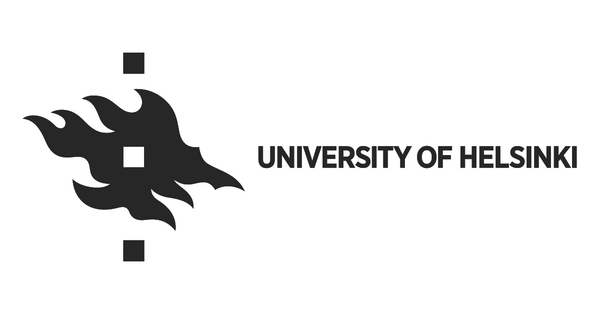University of Helsinki to encourage the integration of international students into the community
The University of Helsinki strives to be the best place to study, teach, work and conduct research by 2030. The goal of a project entitled Lisää löylyä kv-toimintaan (‘A boost for international activities’), launched in spring 2023, is to identify key bottlenecks in the integration of international students into the community.
This identification will occur through collaboration between subject- and faculty-specific student organisations, international students, the Student Union of the University of Helsinki and the University itself. Solutions that can be quickly put into practice will be formulated collaboratively.
“Upon arrival, students from abroad often don’t know anyone in the entire city. To avoid being left alone and without peer support, it’s really important for them to not only attend University teaching but also have a good social life – friends with whom to share their joys, sorrows and experiences of success,” says Vice-Rector Kai Nordlund of the University of Helsinki.
In the first workshops under the project held in May, the focus was on challenges, opportunities and means of internationalising the activities of subject- and faculty-specific organisations.
“In the workshop, you got the feeling that we can tangibly improve the participation and status of international students in the activities of our subject-specific associations and the University as a whole,” says Lucas Yoni, who is responsible for internationalisation at the MaO association of geography students at the University.
“It’s a great honour and privilege to welcome students from all over the world to Finland to study. Besides high-quality teaching, we at the University of Helsinki offer an active student life that is unique worldwide. As active members of the subject association, we are responsible for investing in engaging both local and international students in our activities,” Yoni notes.
Supporting the internationalisation of subject- and faculty-specific organisations is important also for local students.
“It was useful to hear from other subject-specific associations about international activities and practices,” says Kristian Ostanin, who is in charge of the sports activities of KTTO, the association for students of economics at the University of Helsinki.
“As a result of internationalisation, members of student organisations have the opportunity to increase their cross-cultural understanding and communication as well as their ability to adapt. These are all useful skills in both student and professional life.”

